Kokni Muslim Association (Nairobi) – a Historical Perspective
Kokan is a hilly terrain on the west coast of the State of Maharashtra, India. One of the six regions which constitute Maharashtra is Kokan, the others being Nasik, Pune, Aurangabad, Amravati and Nagpur. Out of a total of 36 districts in the State, seven districts, namely Mumbai, Mumbai suburbs, Raigarh, Ratnagiri, Sindhudurg and Thane and Palghar form Kokan, where lie the roots of the local Kokni Muslim Community.
Unlike the other local Indian communities who were indentured from India in thousands by the British colonizers towards the end of the 19th century, to build the Kenya-Uganda Railway, the pioneering Kokni Muslims are believed to have arrived in Kenya well before the turn of the century. Prior to that, however, a large number of Kokni Muslims had already settled in other parts of Africa, particularly South Africa.
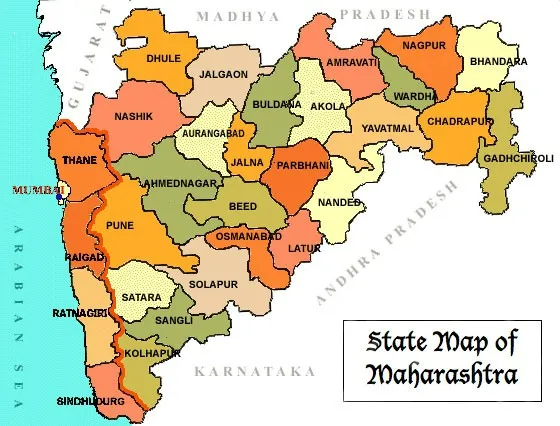

State map of Maharashtra
The dozen or so Kokni Muslims, who had moved from the Coast to Nairobi around the First World War, formed a body in 1925 and named it Kokani Muslim Jamaat. One of the very limited objectives of the Jamaat was to maintain a small library comprising mainly Urdu books. The library, housed in a rented room, was believed to be the first of its kind in East Africa. In 1936, the Jamaat was renamed as the Kokani Muslim Community and Free Library. As the overwhelming majority of the community then residing in Nairobi (estimated to be about one hundred), were working-class “married bachelors”, it was decided to venture into business by establishing the Kokni Muslim Community Share Company Ltd. in 1937. Unfortunately, the scheme was short-lived, for it fizzled out with the advent of World War II. The number of Kokni Muslims gradually grew as family members, who had hitherto been left behind in India, started joining their breadwinners in Kenya. The up and coming members of the community felt a need to form a sporting body and thus in 1949 they formed the Kokni Muslim Club which wound up in 1999. During the 1950’s there was a sudden influx in Kokni Muslim immigration and by the end of the decade the community’s population had risen to its highest level – some four hundred families.
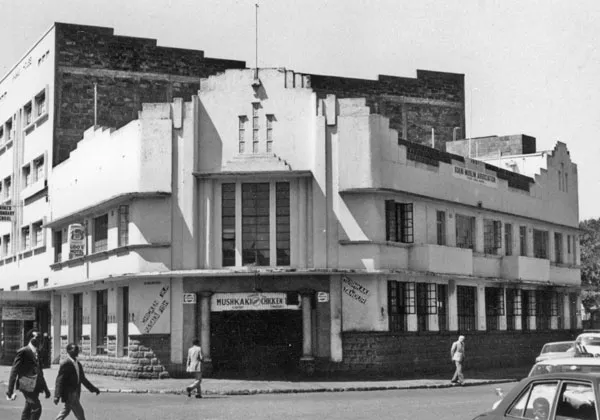

Kokani Muslim Hall at the corner of Lagos and Latema roads
All along the founding members of the community had but one vision – to have their own community building which would house, among other things, a bigger lending library and a large public reading hall. The pursuit of this vision goaded them to toil day and night, and their hard work finally bore fruit when the opening ceremony of the prestigious building, at the corner of Lagos and Latema roads, was performed in January 1951.
Kokani Muslim Hall soon became a household name as public meetings, poetic symposia, open table-tennis tournaments, weddings and religious gatherings, etc., were held in the Hall absolutely free of charge. However, the community was financially ill prepared for such generous public services, as there was insufficient provision for a regular source of income to cater for its needs.
The rental income derived from a dilapidated residential house in Eastleigh was far from adequate. The writing was on the wall and it was the younger generation that was quick to see and accept the inevitable. Within twelve years of the opening of the community building, the Kokani Muslim Community and Free Library closed its doors to the public as from 1st January 1963. Another significant event that took a big toll on our manpower and resources was the infamous exodus of the 1960’s, following Kenya’s Independence in December, 1963.
On a brighter note, this marked the beginning of a new era. The Kokani Muslim Community and Free Library changed its name to “Kokni Muslim Association” in 1964. The community building was converted into commercial premises and in the years, which followed, it underwent a complete transformation. It was finally sold in 2003 to pave way for the ongoing ambitious project in the city’s South C area.
Also noteworthy is the fact that for nearly fifty years there existed a parallel, sister organization called Kokni Muslim Union. This group of Kokni Muslims also invested into property, with the highlight being a 12-acre parcel of land in Namanga. On 2 acres of the Namanga property, a Mosque and Madrassa are being run, which are managed by an independent, non-Kokni board of governors. With the blessings of Allah the two bodies merged, at a historical meeting held on 28 April, 2002, a move which made our numbers and our assets stronger. The sale of the Ngara property, an asset of the former Union, contributed towards the development of the South C plot.
Al-hamdu-lillah, the first phase of the South C project, consisting of one block of eight, three-bedroom residential apartments, one flat each for the Imam and the caretaker, and a masjid was completed in 2004.
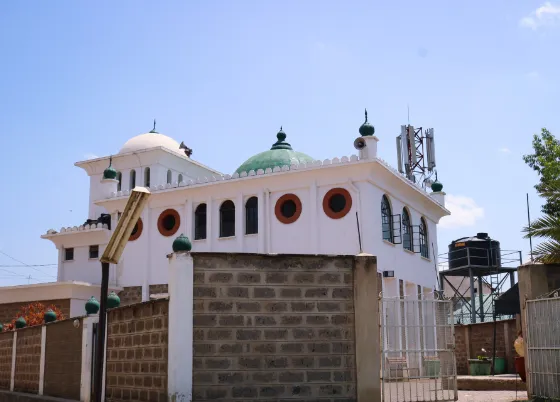
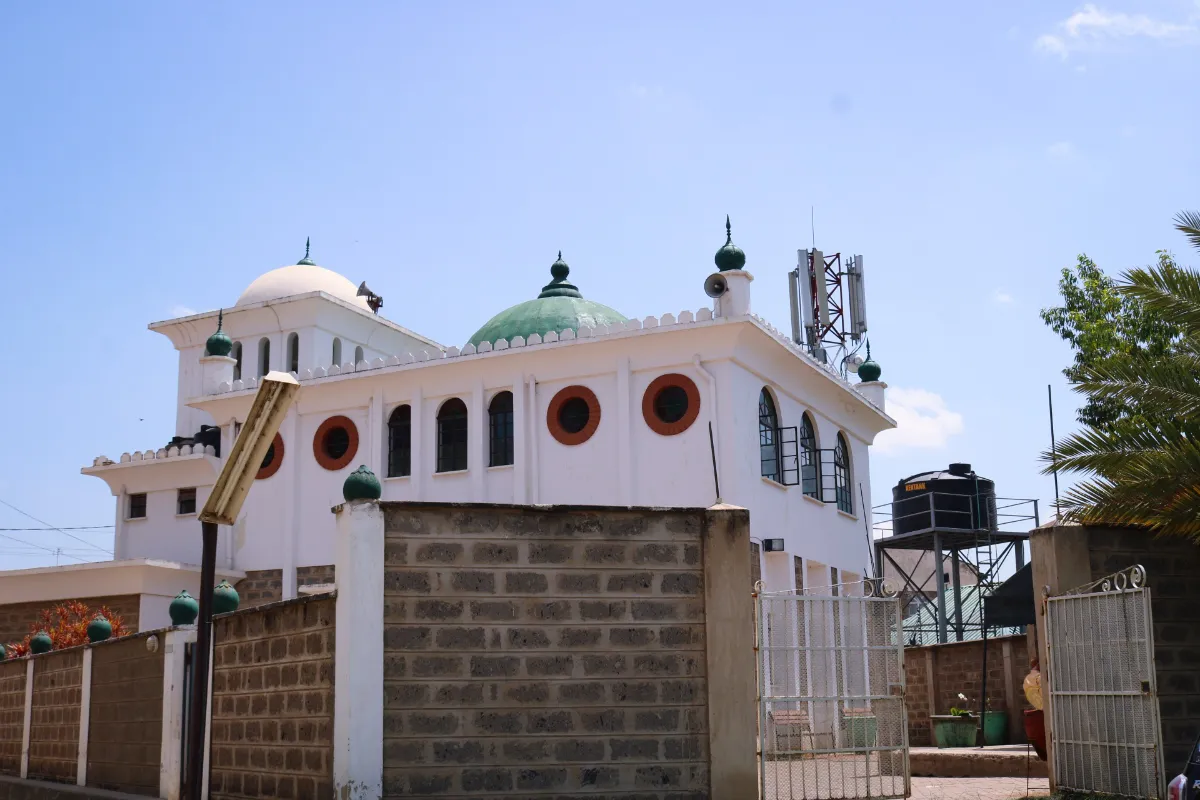
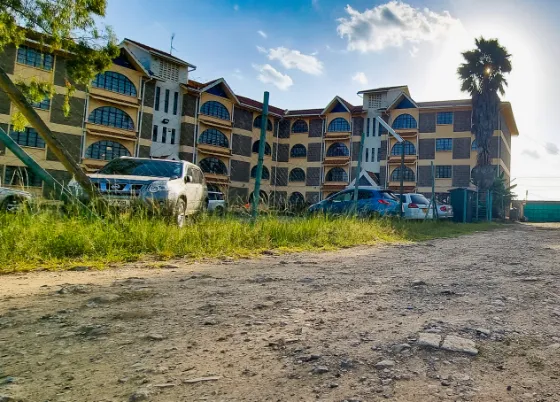
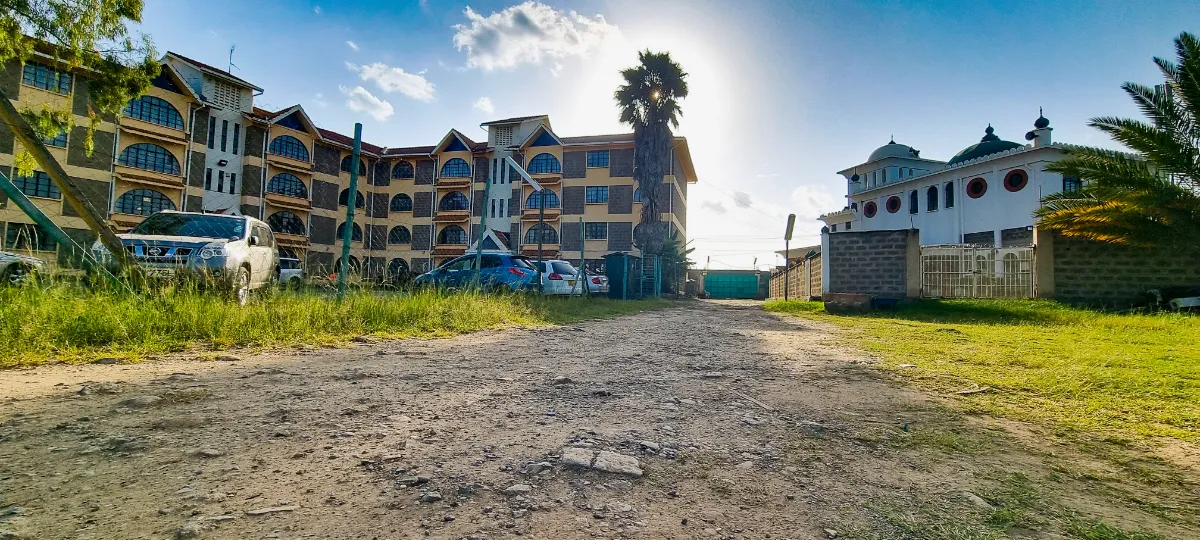
A couple of years later this was followed by the second phase comprising a second block of eight, three-bedroom residential apartments, which were completed in 2008. Alhamdulillah, the third phase comprising of a third block of eight, three-bedroom residential apartments and a Social Hall is ongoing, completion of which is expected by end March 2025.
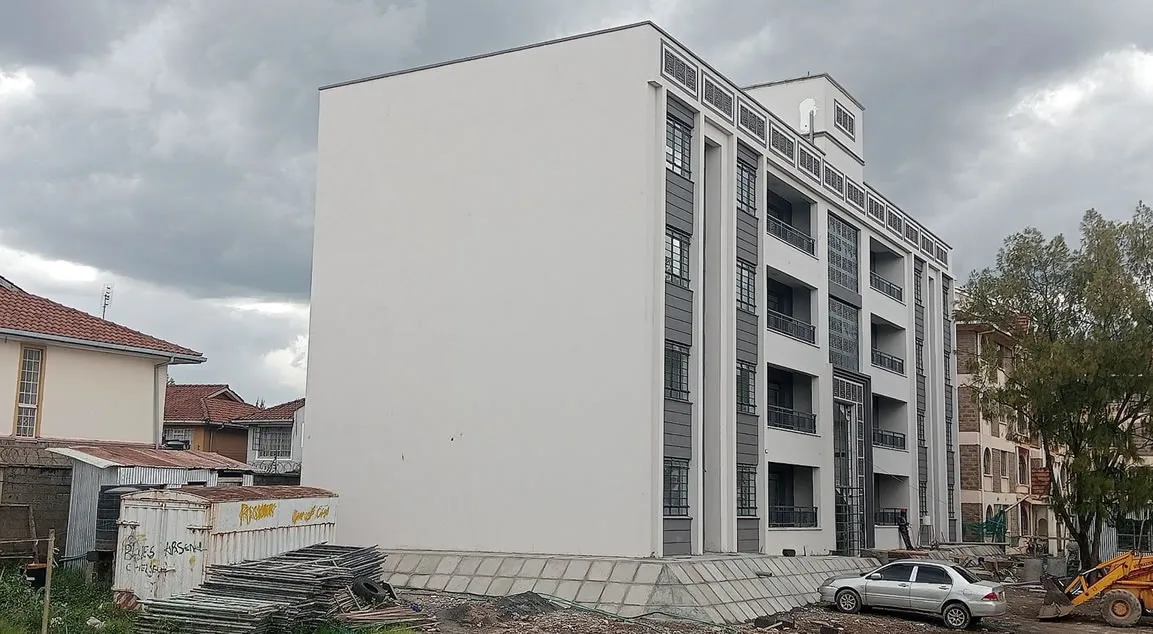

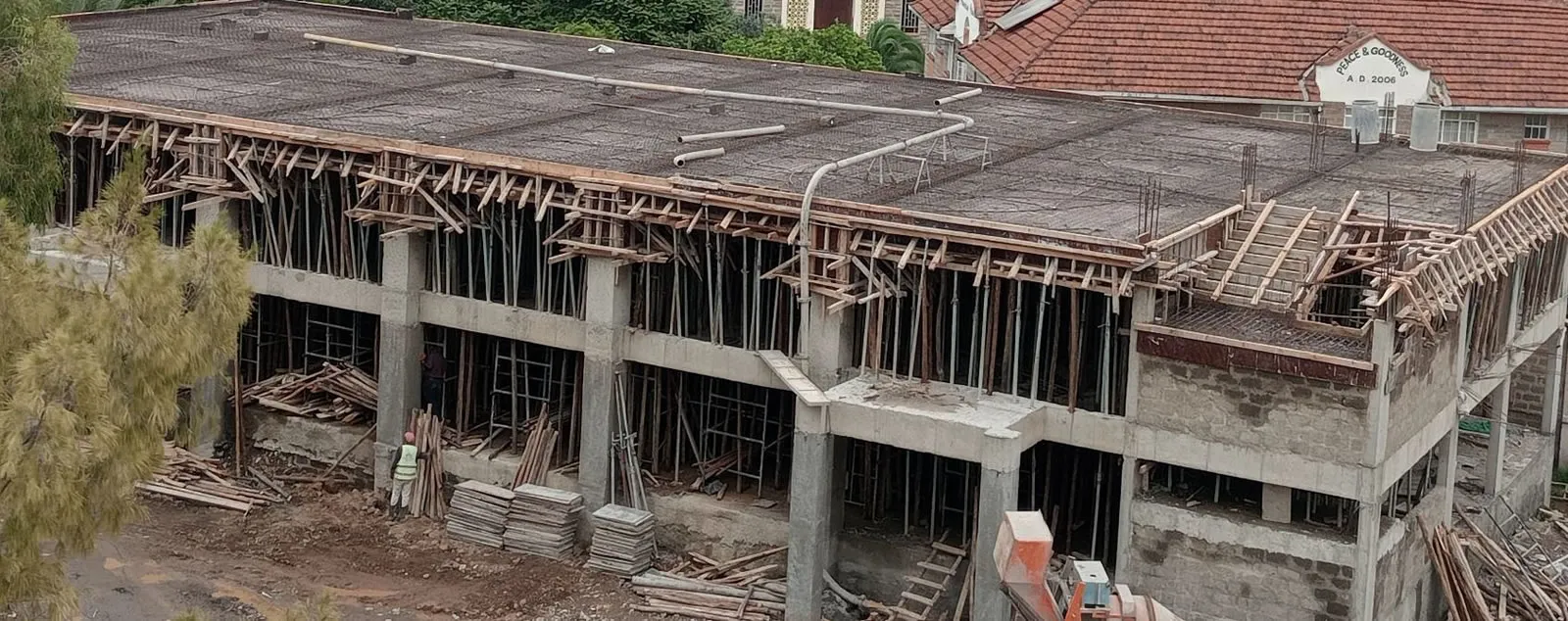

The new development, which includes the Social Hall may be considered as a fulfilment of our community’s long cherished dream, however we urge our youth to look ahead and not stop here, because…
“Sitaron se aage jahan aur bhi hain”
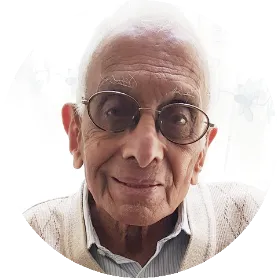
Late Sheikh Ismail (Tisekar), Former Trustee and Chairman

